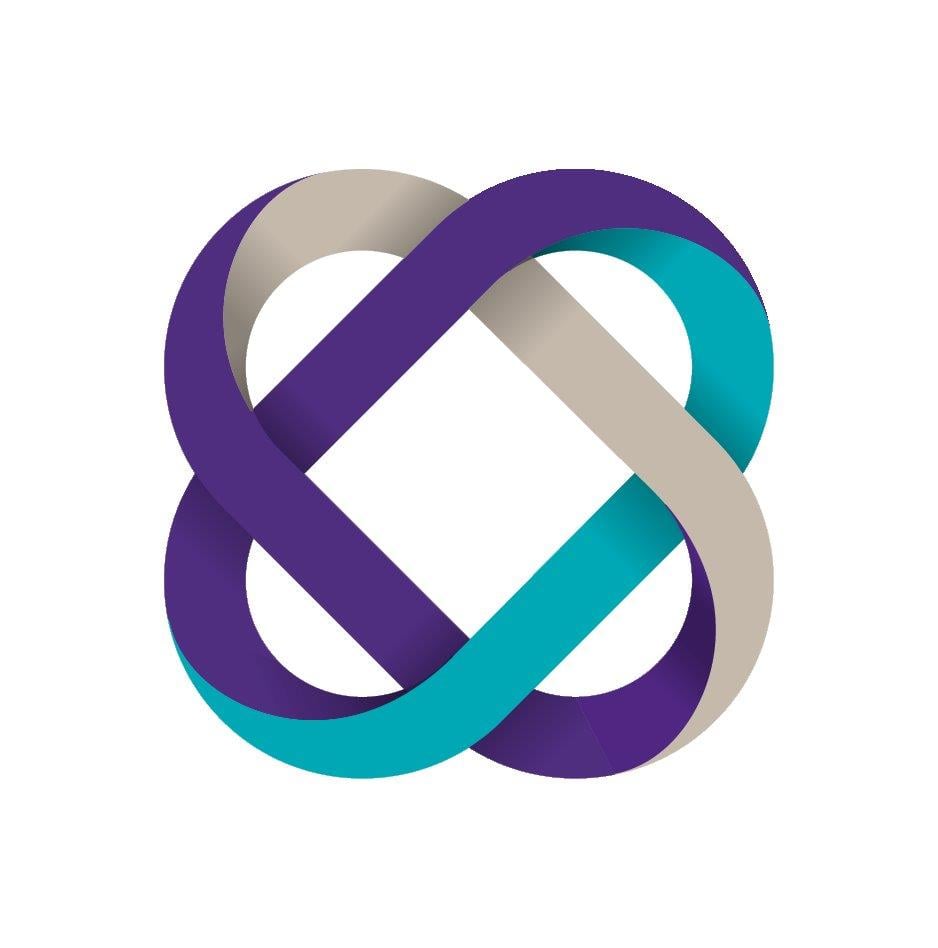-
Business Risk Service
Organisations must understand and manage risk and seek an appropriate balance between risk and opportunities.
-
Transaction Advisory, M& A, Business Consultancy
Transaction Advisory, M& A, Business Consultancy
-
IT Advisory
IT Advisory
-
Business Process Solutions
Business Process Solutions
-
Managing the VAT Audit
Managing the VAT Audit
-
Transfer Pricing
Global transfer pricing is all about understanding your business and the value drivers of your industry in an ever-changing environment.
Value Added Tax (VAT) is a transaction tax levied on the supply of goods or services. The underlying model of this levy is the unique system of claiming the VAT portion which is paid on procurements or expenses as an ‘Input Tax Credit’. This input tax credit can be utilised to set off the VAT collected on the supplies made to customers. This unique method ensures that VAT does not become a cost for the taxable person.
However, this can lead to unconventional uses of such provisions. To hedge this position the law enunciates an express provision which restricts availing of tax credit on certain goods and services.
Consequently, VAT would not be recoverable where:
a. goods or services are purchased to make a non-taxable supply; or
b. there is a provision of entertainment to anyone not employed by the taxable person including customers, potential customers, officials or shareholders or other owners or investors of the taxable person; or
c. a motor vehicle was purchased or rented or leased for the use in the business and is available for personal use by any person; or
d. goods or services were purchased to be used by the employees for no charge to them and for their personal benefit including the provision of entertainment.
As an exception to para (d) above, VAT paid on such goods or services would still be recoverable where:
i. it is a legal obligation to provide those goods or services under any applicable labour law (for example, medical insurance, accidental insurance, training or skill development programmes, etc.); or
ii. it a contractual obligation or documented policy to provide those goods or services in order that the employee may perform their role and it can be proven to be a normal business practice in the course of employing those people (for example, temporary hotel accommodation for new employees, tea, coffee, dates, chocolates or equivalent snacks available in the office or during meetings, employee reimbursements for expenses incurred for business purposes); or
iii. such supply of goods or services is considered as a nominal or deemed supply and VAT is discharged by the taxable person on such supply.
VAT would become a cost for the taxable person in the aforementioned situations unless the same falls within the exceptions carved out in the law.
This article relies on Article no. 53 of the Cabinet Decision No. (52) of 2017 of the Executive Regulation of the Federal Decree-Law No.(8) of 2017 on Value Added Tax in addition to the VAT public clarification VATP005 issued by the Federal Tax Authority of UAE
About the Author

Nirav Rajput
Manager
Tax Advisory (VAT)
Grant Thornton Abdulaal
M +973 38967876
E nirav.rajput@bh.gt.com
